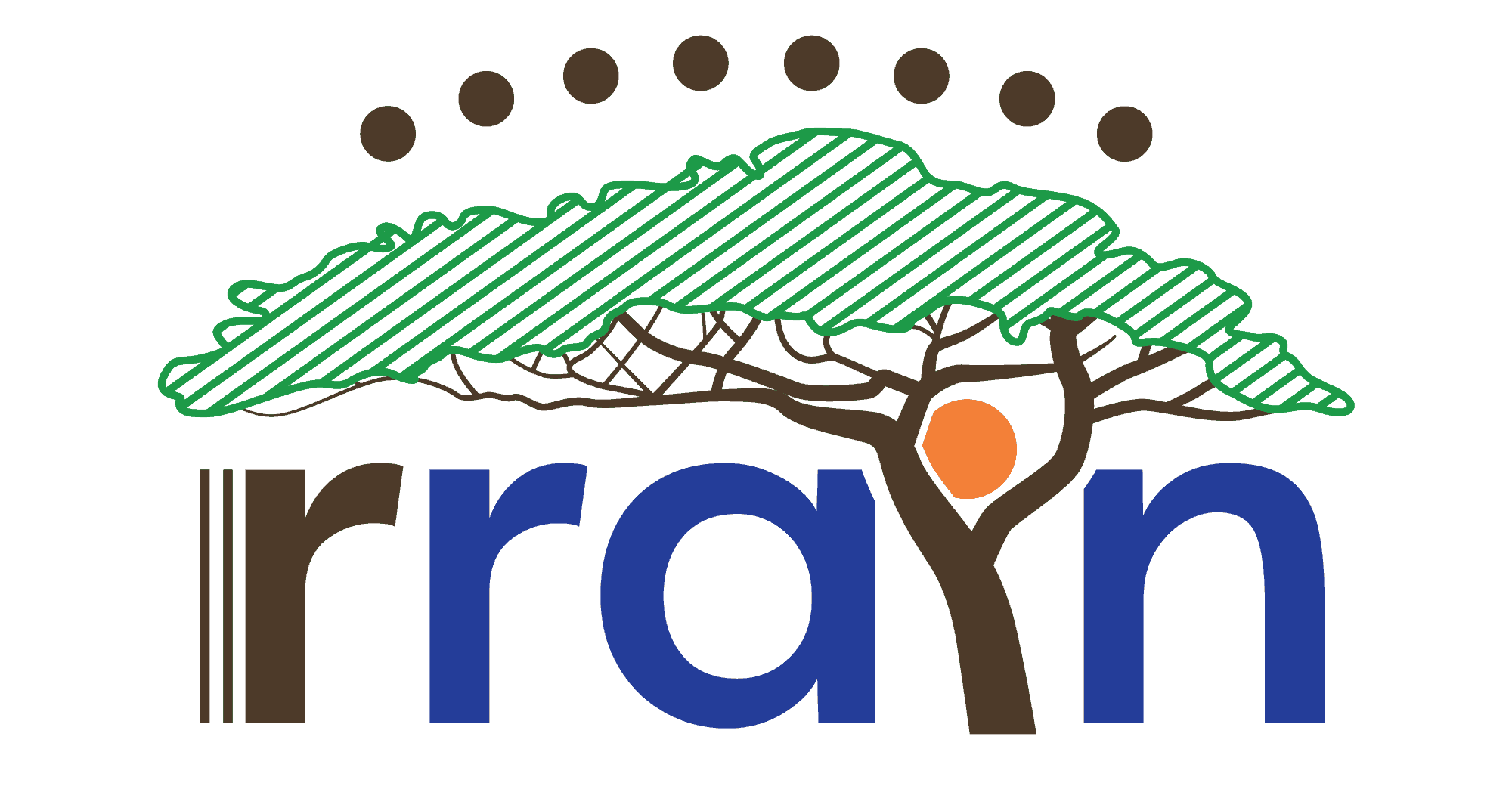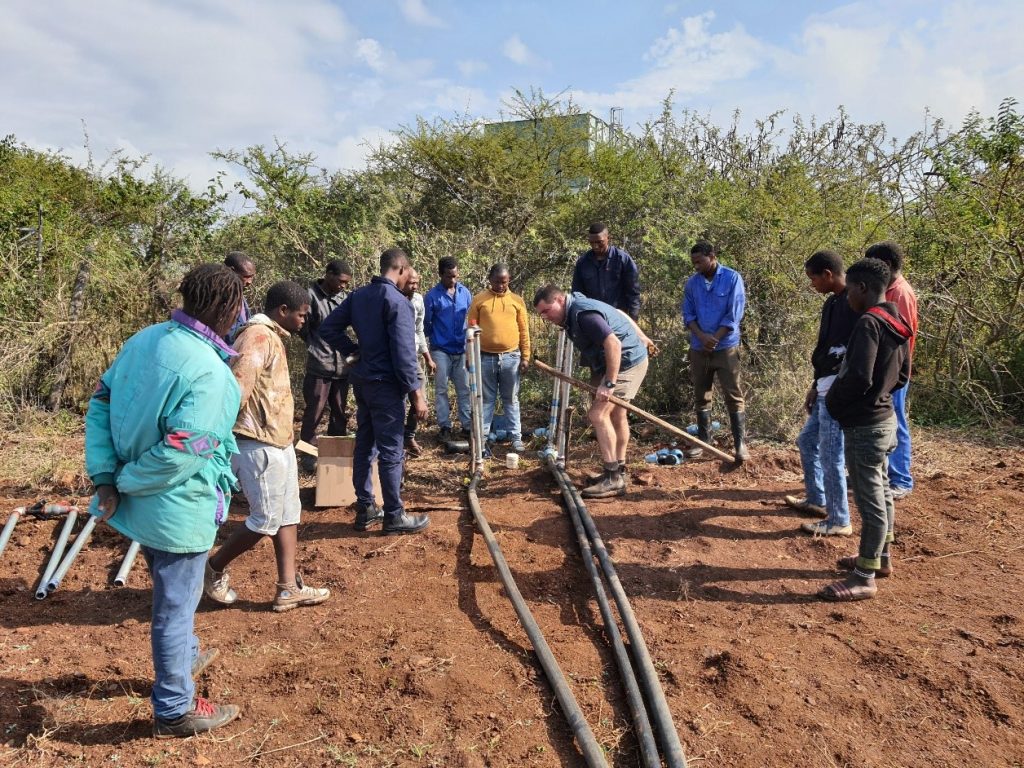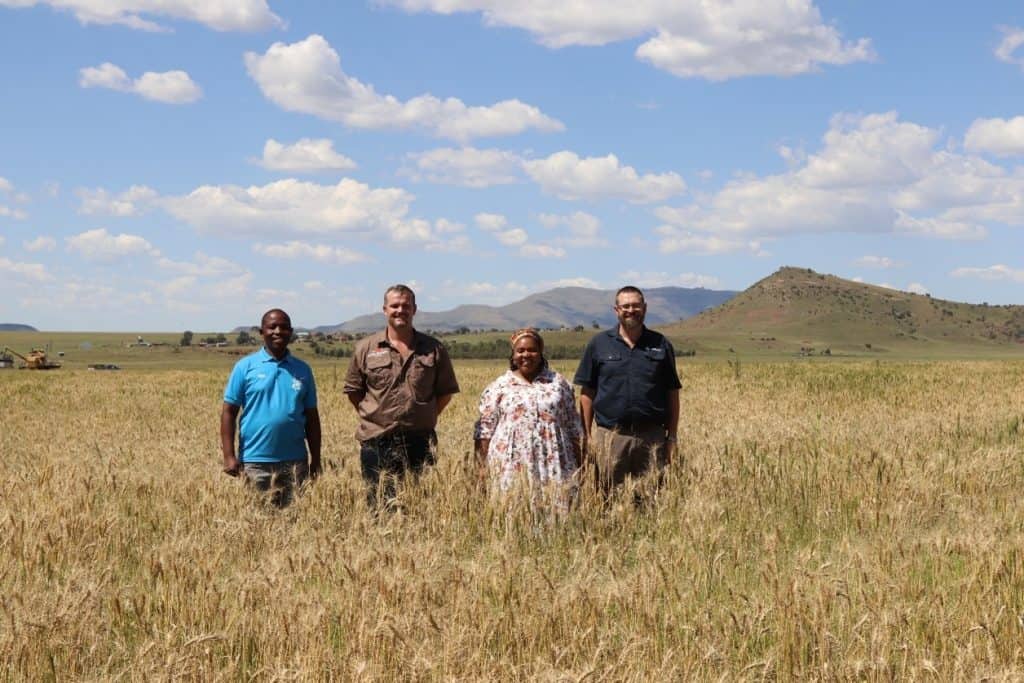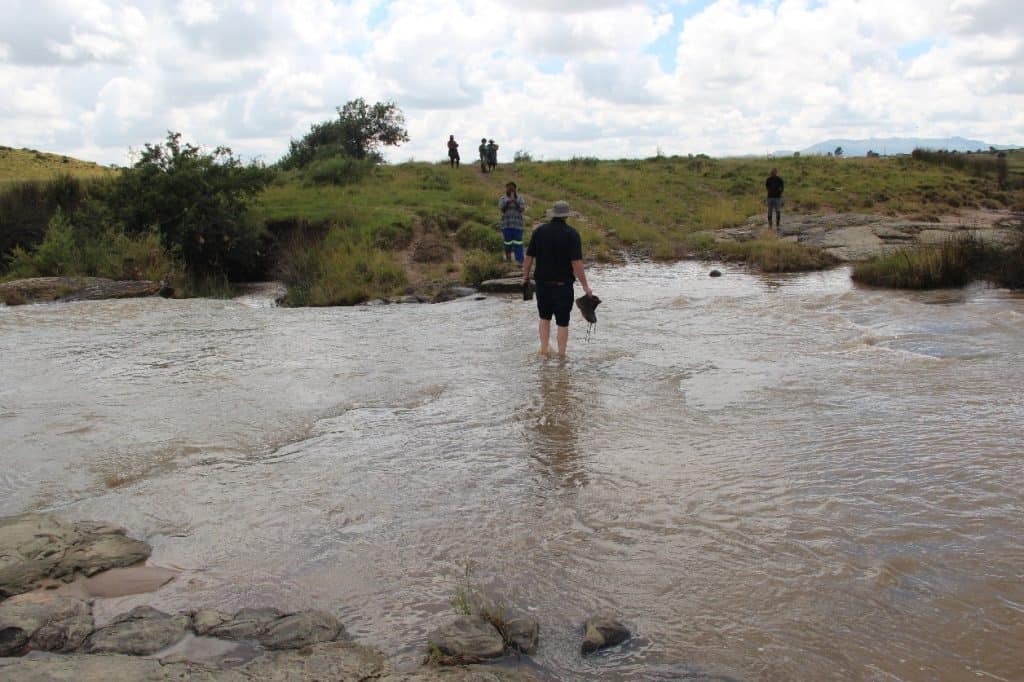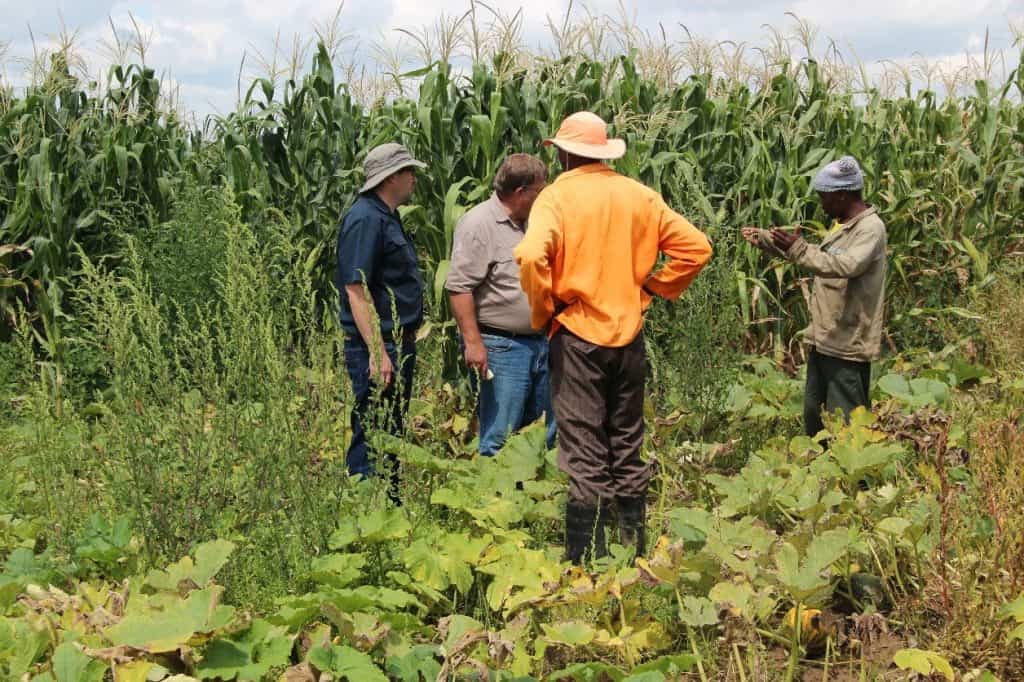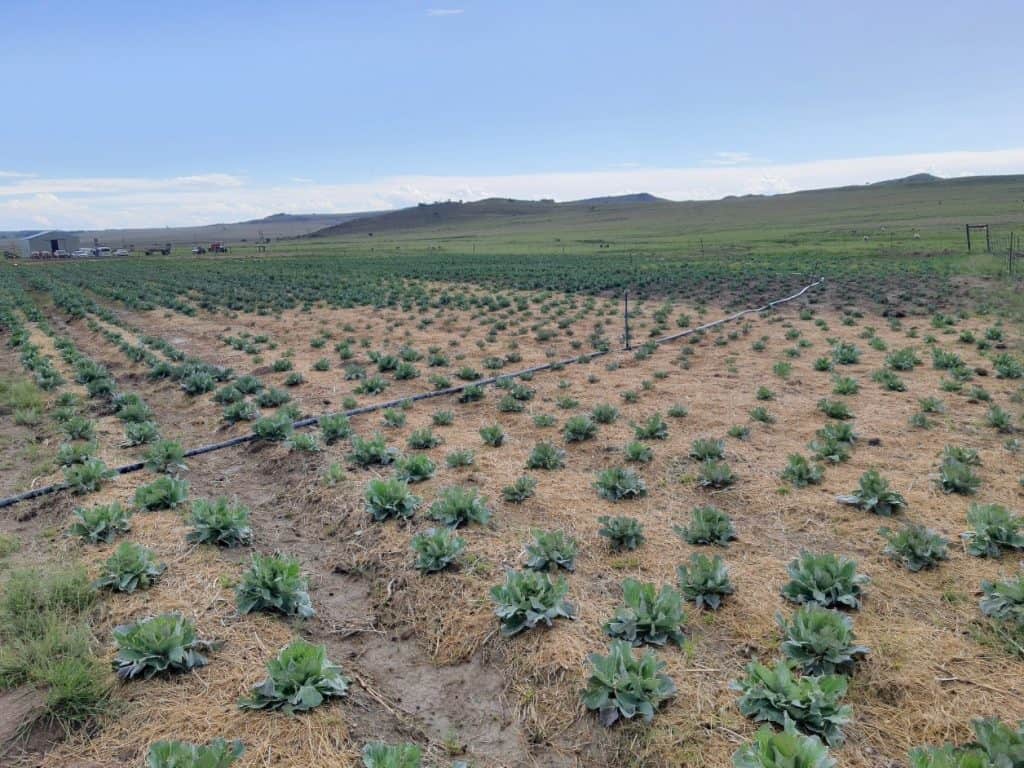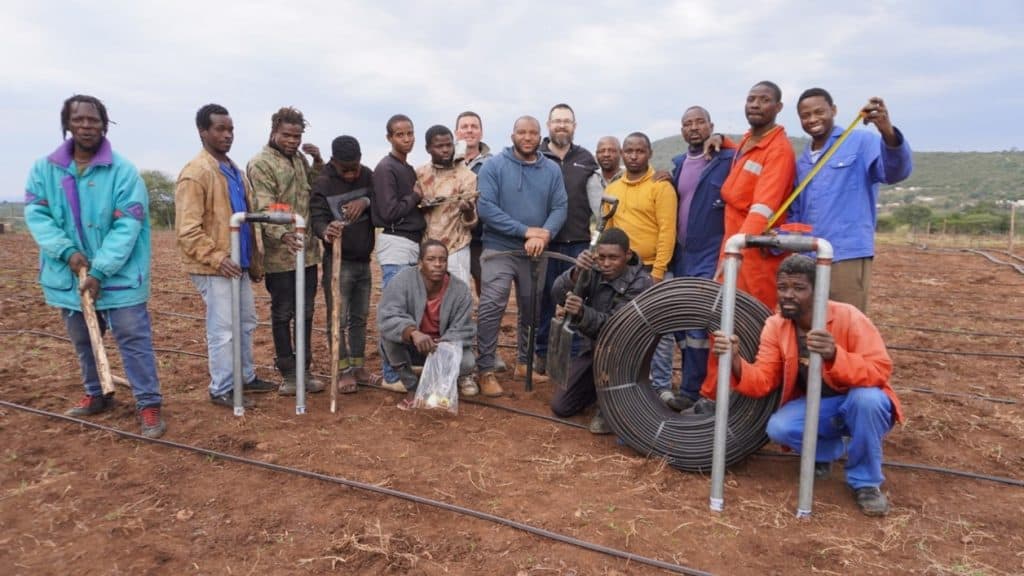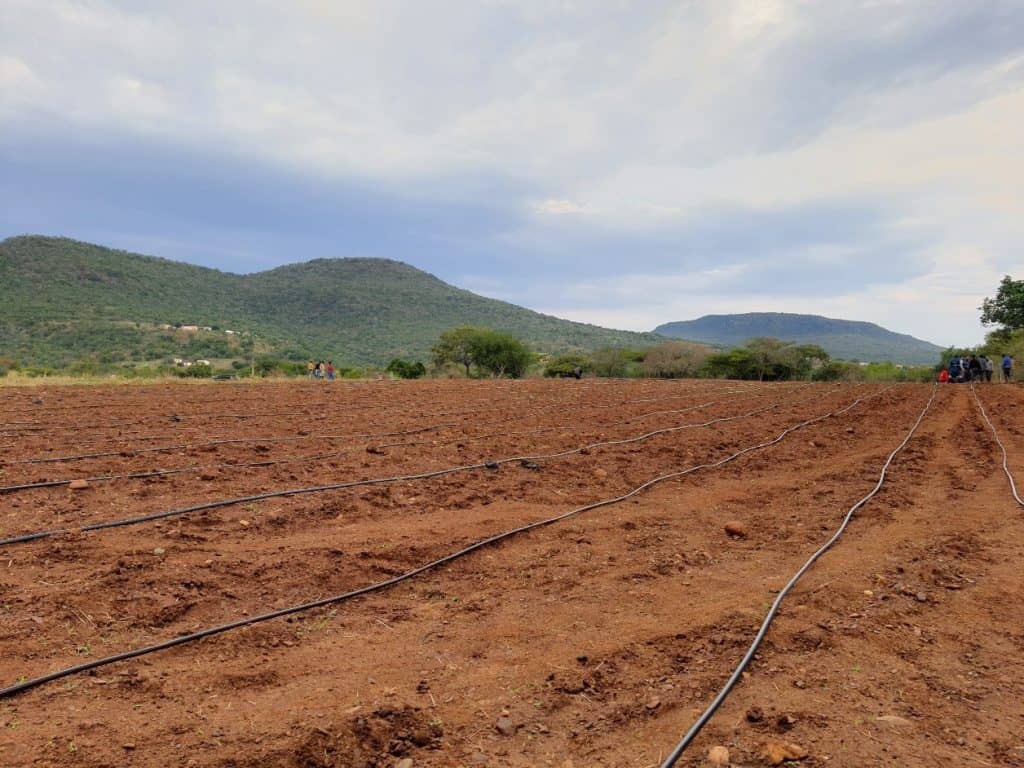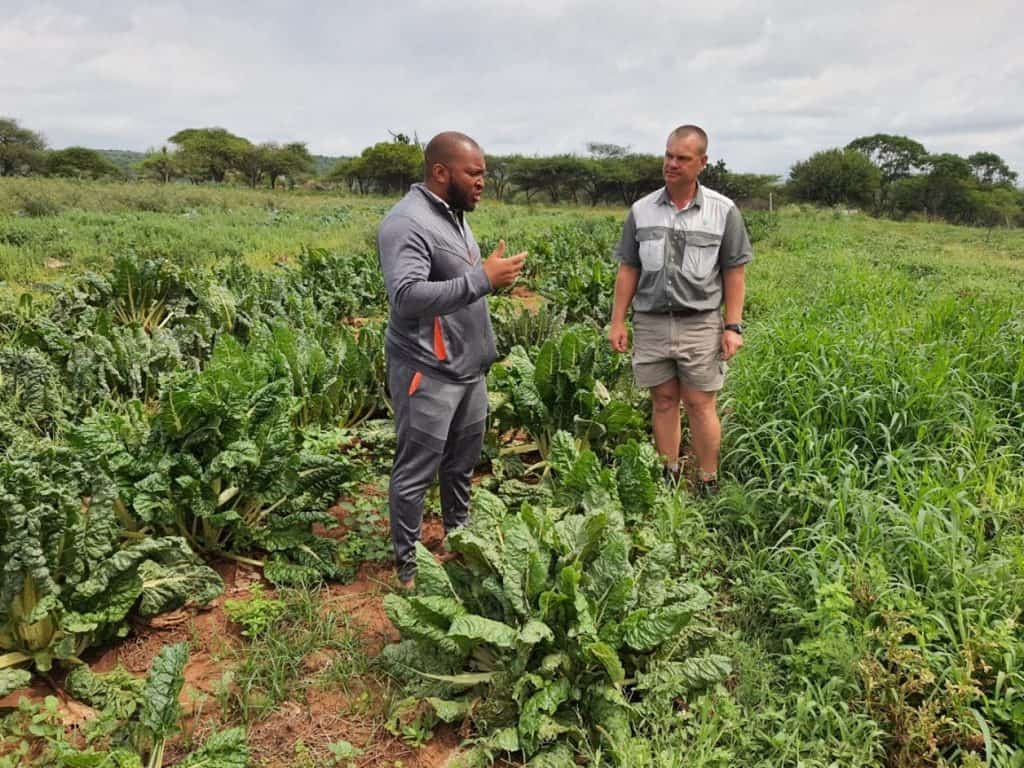Our projects
RRAIN’s projects are located in the deep rural areas of South Africa that are home to traditional communities and where traditional leadership structures are intact. It is a privilege to work with indigenous people and their traditional leadership on our joint agricultural development projects in these deep rural areas.
The Barolong Boo Seleka of Thaba ’Nchu
The Barolong Boo Seleka is an indigenous people living in the area called Thaba ’Nchu, east to the city of Bloemfontein, the capital city of the Free State Province in the Republic of South Africa. As a traditional community, the Barolong Boo Seleka still has their traditional leadership structure serving the community. Kgosi (queen) Gaboilelwe Moroka is at the helm of the traditional leadership which consists of the dikgosana (headwomen and headmen) of the 42 villages that form the kingdom.
The very first RRAIN project undertaken is located at the village of Noga’s Post in the greater Thaba ’Nchu area.
Families living in the village of Noga’s Post were completely dependent on government support to survive when the royal family requested the then kgosatsana (princess) Gaboilelwe Moroka to lead the village as kgosana (headwoman). An initiative was started for families to establish vegetable gardens in their yards to contribute towards food security. During the second phase, a co-operative was established with 36 families participating and receiving the support of the governmental “one-hectare-one-household” programme. The vegetable and grain fields of the co-operative were established across the river from the village. These vegetables that were planted contributed greatly towards the food security of the whole village during the great challenges caused by COVID-19 lockdowns. Tragically, lack of holistic planning, proper implementation and management and knowledge transfer proved to be a challenge and the project faced end-of-life after only one season of planting, also due to low yields.
At this tipping point, a RRAIN project was established at Noga’s Post on the initiative of kgosatsana Gaboilelwe Moroka. The community of the village had experience and basic knowledge, and RRAIN could therefore – through the provision of support – contribute towards improvement through better planning, good quality seeds and proper consideration of the lay of the land.
As a first step to improve the lives of the community and reduce the impact on the environment, the vegetable field was relocated to the edge of the village in close proximity to the equipment shed. The impact of this one, relatively simple action, was enormous:
- Access to nutritious and affordable food was greatly improved with the fields located close to the village.
- Mothers would spend less time walking, which resulted in more time available to care for children, family members and themselves.
- Community members could reach the field even after heavy rain because the flooding of the river was no longer a challenge.
- The impact on the environment was reduced because community members no longer had to travel by tractor or by foot from the village to the fields.
Further steps were also taken:
- Resilience and sustainability were improved by the installation of irrigation which enabled the community to also grow vegetables outside of the rainy season.
- More could be produced on a smaller area through better planning, execution and maintenance.
- Regenerative agricultural practices were introduced through the use of grass as ground cover to improve water retention and reducing the need for weed control – eventually improving the soil quality through the addition of organic material.
- The implemented changes resulted in stronger livelihood support overall.
The grain fields across the river (approximately 50 ha in total) presented multiple challenges that had to be addressed one step at a time. Drainage of the soil was the first challenge to be addressed. Organic material that was available from the previous season was worked into the soil to improve its quality whilst the orientation of the fields was adapted to be a good match to the natural topography. Local commercial farmers played a crucial role in terms of mentorship, preparation, planting and harvesting. Much heavier than normal rainfall was experienced in the last two seasons, which in turn emphasised the challenge of access to the fields when the river is in flood. The building of an environmentally friendly bridge over the river is a dream the project team is working towards. Despite all the access challenges due to flooding of the river and the fields, a maize harvest was produced during the 2021/2022 summer season and a wheat harvest during the 2022/2023 winter season.
The project aims to strengthen the resilience of the community through developing knowledge and the gaining of experience so that the community can be self-sufficient through the generation of profits after household needs are met – in a manner that is sustainable and in balance with nature. We understand that real long-term sustainability will not be possible without a regenerative approach, as other methods lead to soil exhaustion and erosion that are unfortunately currently clearly visible in the area.
An indigenous veld goat stud in partnership with Kgosi Gaboilelwe Moroka on the farm Lakenvlei was the next RRAIN project that was started in the Thaba ’Nchu area.
Mntwana Bambindlovu Zulu of the Zulu Nation at KwaKhangelamankengane
The Zulu Nation is well known throughout the world and is one of the most populous cultural communities of Southern Africa. The reigning monarch of the Zulu Nation is Isilo Samabandla (king) Misuzulu Sinqobile kaZwelithini. He serves the Zulu Nation in collaboration with the amakhosi (kings) and izinduna (headmen) of the different traditional communities that comprises the Zulu Nation.
Mntwana (prince) Bambindlovu Zulu is a brother of His Majesty King Misuzulu and a vegetable farmer at the royal palace called KwaKhangelamankengane located north of the town Nongoma in the northern parts of the KwaZulu-Natal province of South Africa. Mntwana Bambindlovu and his team supply cabbage and other vegetables to local supermarkets.
Mntwana Bambindlovu faced a challenge with an irrigation system that was not reliable and used water inefficiently. This resulted in production loss, due to some plants not receiving sufficient water and also excessive weed growth that required a lot of labour and chemicals to control. RRAIN started a project in partnership with Mntwana Bambindlovu to improve his irrigation system so that he and his team could draw on the advantage of a more efficient and profitable farming operation.
The vegetable fields were accurately surveyed using drone technology in collaboration with the Department of Agriculture, Land Reform and Rural Development. This survey was used to design an optimal dripper irrigation system that was implemented with great success. The dripper irrigation system reduces the impact on the environment by using less water and by also reducing the need for chemical weed control because watering is controlled and limited. Production was improved at the same time due to the dripper irrigation system’s ability to ensure sufficient water supply to all plants.
Mntwana Bambindlovu and his team are working towards the establishment of a sustainable and profitable agricultural enterprise. Mntwana Bambindlovu calls Gejalesizwe in the local language, isiZulu, which means “Plow of the Nation”.
Ms Kelebogile Mosime of the Royal Bafokeng Nation at Phokeng
The Royal Bafokeng Nation is located in the area surrounding their capital city Phokeng, located to the northwest of the city of Rustenburg in the North West province of South Africa. The Royal Bafokeng Nation is known for their success in the platinum mining sector. The Royal Bafokeng Nation is a traditional community with Kgosi (king) Leruo Tshekedi Molotlegi serving as chairperson of the traditional council leading the nation. The administration understands the importance of diversification of income and is driving agricultural development through an institution called Royal Bafokeng Enterprise Development.
Ms Kelebogile (Lebo) Mosime was brought up by her grandparents. They used water from a borehole to farm with vegetables and fruit in their backyard, which they then sold to generate income for the family. As a young woman, Ms Mosime started her own vegetable garden in her backyard but was not successful in this first effort. A family friend then offered Ms Mosime and her sister 4 ha of farming land to try again, and it was during this time that Ms Mosime realised that she had to obtain knowledge and skills to make the agricultural enterprise a success. Ms Mosime then invested in an agricultural enterprise where she had the opportunity to learn about farming. She gained a lot of knowledge but lost all money invested due to financial problems faced by the owner. Ms Mosime started farming in her own backyard of approximately 2 000 m2 again, and this time she managed to deliver good quality products. She however faced challenges in making the business sustainable, due to limited space available for planting.
In 2022, Ms Mosime made the bold decision to expand her vegetable enterprise onto a 21 ha plot on the farm Boekenhoutfontein that she leases from Royal Bafokong Enterprise Development, being a member of the Royal Bafokeng Nation herself. Ms Mosime reached out to RRAIN to assist with planning; specifically the relationship between inputs and profit, because of her experience with backyard farming. She also requested assistance with determining the most suitable products to plant, planting time, and understanding and improving soil quality. She wants to ensure control of the many factors that might have an impact that can eventually result in lower-than-expected product quality. Ms Mosime is a knowledgeable farmer, but she has the desire to learn and grow. She also wants to teach other people and grow the economy by creating employment opportunities.
This greenfields RRAIN project established in partnership with Ms Mosime follows a phased approach to implementation to facilitate learning and to align with available resources. The project is also designed so that modular expansion can take place as further resources and opportunities become available. As there is currently no electricity supply to the plot, a solar-driven dripper irrigation system was designed which will reduce the environmental impact of the project significantly and at the same time address the risk associated with an unreliable electricity supply that is a current reality in South Africa. RRAIN partners also managed to obtain a used net house that will be erected during the next phase of the project.
Ms Mosime’s dream is to build and grow her company, Thabake Business Enterprise (which she registered in 2004), so that it can be inherited by her children and future generations. She wants to build a lasting legacy. She has a vision of becoming a full-fledged commercial farmer that produces quality products that can be bought by hotels and catering companies. She wants people to have confidence in her products.
